- In this article, we are going to read about the 10 best books about the history of science.
- These books will go down in history to the beginning of science, discoveries, inventions, and greatest inventors.
- The Timetables of Science – Alexander HellemansScience and Technology in World History – J.
- Buy Now This book by Parkinson offers the history of discoveries of several subjects such as physics, chemistry, ast…
- Buy Now This book explores the world from prehistoric times to the atomic age.
- Through his intellect explored in this book, we get to understand the medical and philosophical world of his time.
The Latin word ‘science’ means ‘knowledge’. The earliest roots of this word can be traced back to 3000 to 1200 BCE in Mesopotamia and Ancient Egypt. And in today’s world science, technology, and its continuous development has created environmental protection, health care, commercial issues and products, and public infrastructure. In this article, we are going to read about the 10 best books about the history of science. These books will go down in history to the beginning of science, discoveries, inventions, and greatest inventors.
10 Best Books about the History of Science:
The Timetables of Science – Alexander Hellemans
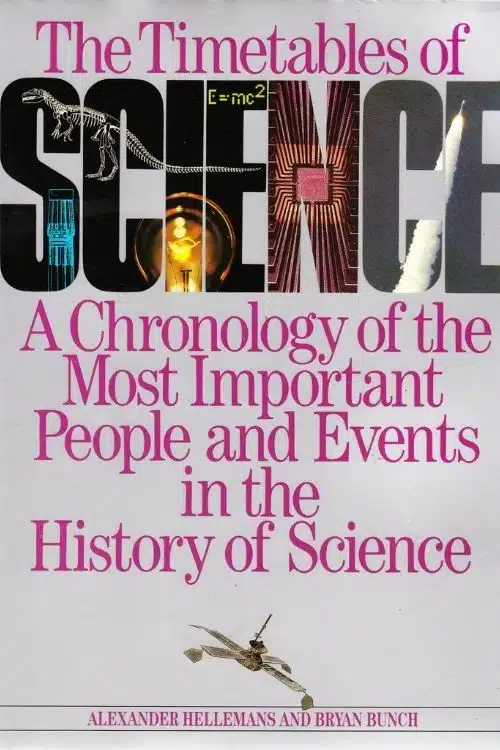
This book by Hellemans is highly required as we are discussing the history of science. So let’s start the number of articles with a book that records the remarkable events in the history of science chronologically from the beginning of the time to the present day.
Science and Technology in World History – J. E. I. McClellan and H. Dorn
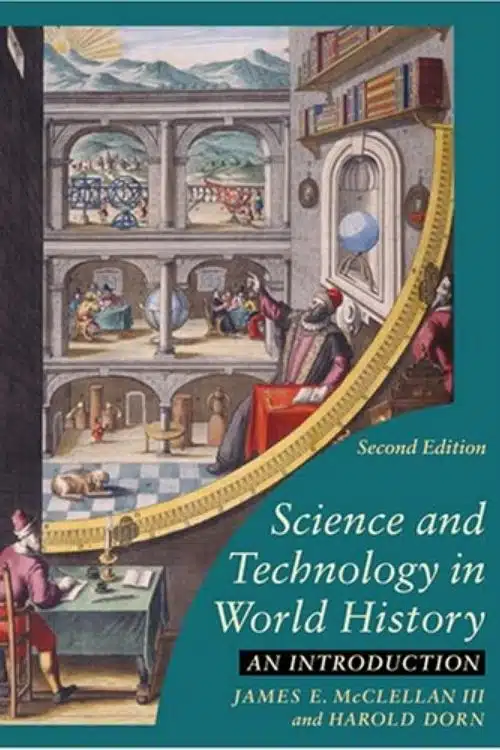
The two writers of this book identify two great scientific traditions – scientific theorizing (Commenced by the Greeks during ancient times) and useful sciences (benefited by the state from the starting of civilization). They find that scientific customs were rooted in India, China, South, and Central America. From the relative viewpoint, the writers explore the emergence of the United States and Europe as a technological and scientific power.
The New Ocean – William E. Burrows
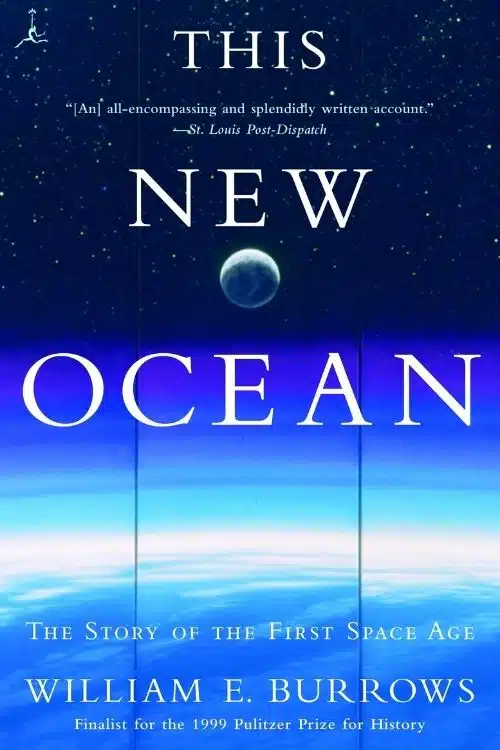
It is based on 175 interviews of American and Russian engineers and scientists on archival documents as well as spy satellite images and top-secret National Intelligence Estimates. It covers industrialists, politicians, war planners, engineers, sci-fi writers, scientists, journalists, dreamers, and more who wanted to rise above the chains of gravity for the final journey.
The Scientific Revolution – Steven Shapin
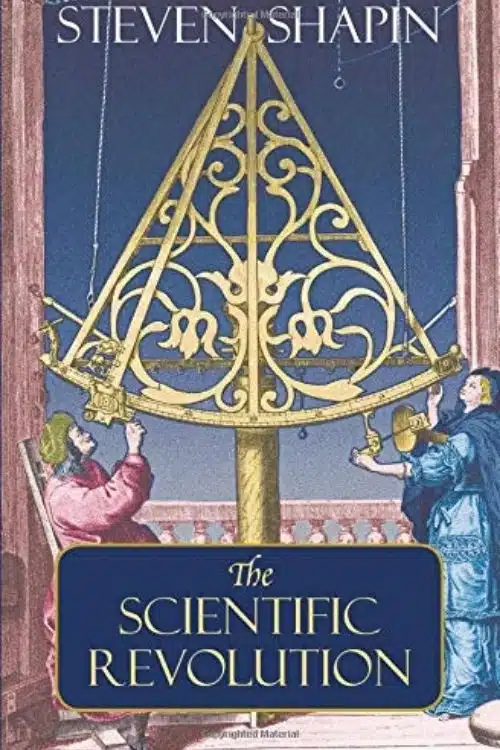
This book will make us understand why an introduction is really necessary and significant. Shapin has written three very short and nearly related accounts of what was once referred to as revolution. The primary point of the book is similar to the literary maxim is portrayed shortly, not the elaborate to exhaustion, the scientific non-revolution.
The Annotated and Illustrated Double Helix – James D Watson
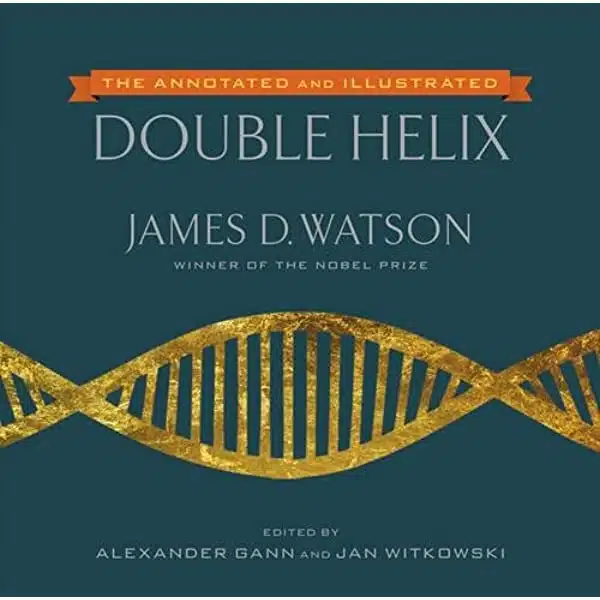
James Watson and Francis Crick won Nobel Prize by identifying the double helix structure of the molecule of life, the DNA. With this identification, they revolutionized the world of biochemistry. During the time of this identification of the double helix, Watson was just 24, a young scientist who wanted nothing but to make his mark in the universe of science. In this book, he gave a very candid account of his time, which explores the world of fascinating scientists with their gifts, bitter rivalries, and ambitions to do something and leave a mark.
Breakthroughs – Claire L Parkinson
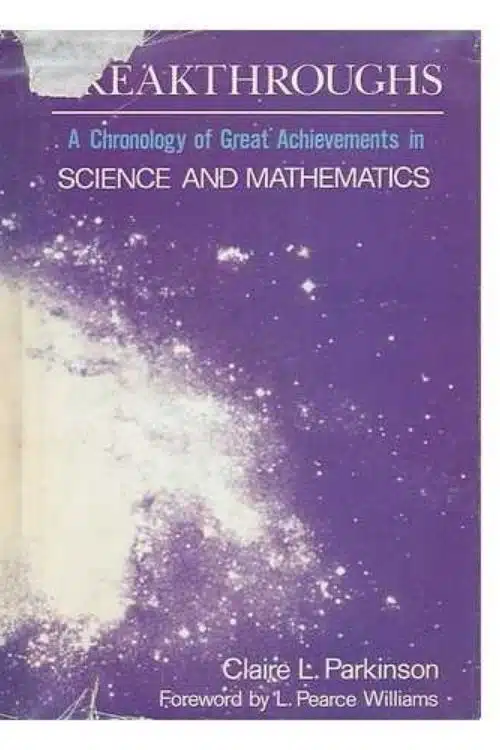
This book by Parkinson offers the history of discoveries of several subjects such as physics, chemistry, astronomy, health science, biology, meteorology, and more.
Ways of Knowing – John Pickstone
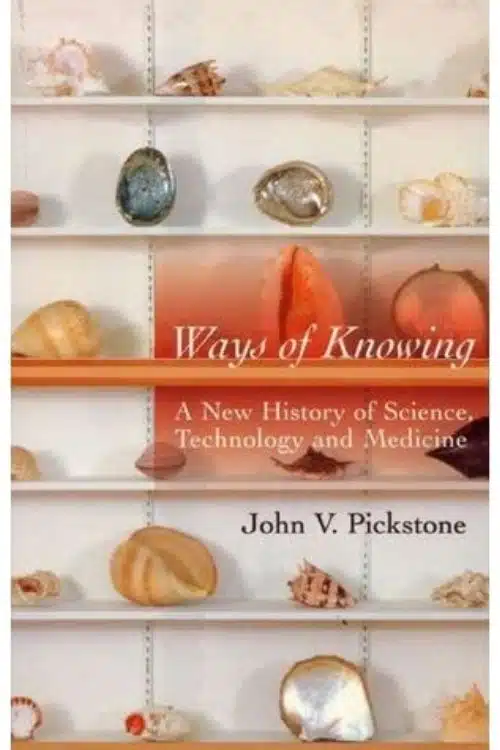
Pickstone offers a new framework to comprehend STM (science, technology, and medicine) in the West starting from Renaissance to the present day. His approach has four key characteristics – first, synthesizing the enduring philosophies of discipline that are in general studied separately. Second, he dissects STM into specific knowledge such as experimentalism, natural history, and analysis with the split but interlinked elements. Third, he explores these known as a base of our works related to technology, creating, repairing, and destroying. Lastly, he relates technical and scientific knowledge to politics and popular understanding.
Landmarks in Western Science – Peter Whitfield
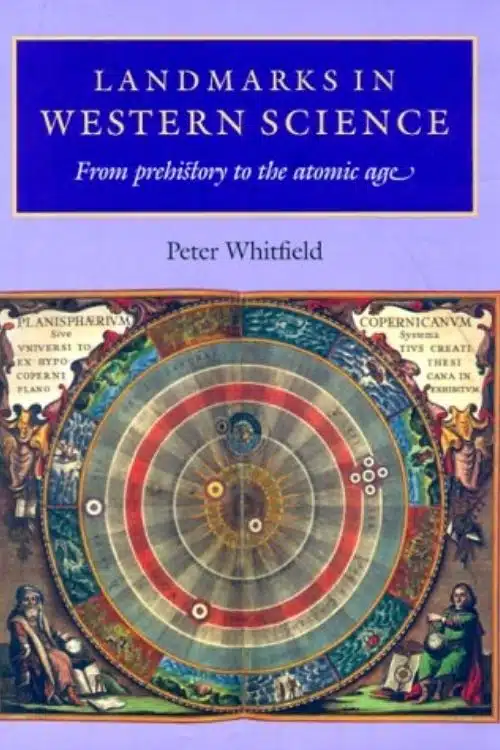
This book explores the world from prehistoric times to the atomic age. It discloses the faltering paths that humankind has taken to comprehend the world revolving around us in a brighter light.
Galen and the World of Knowledge – Christopher Gill
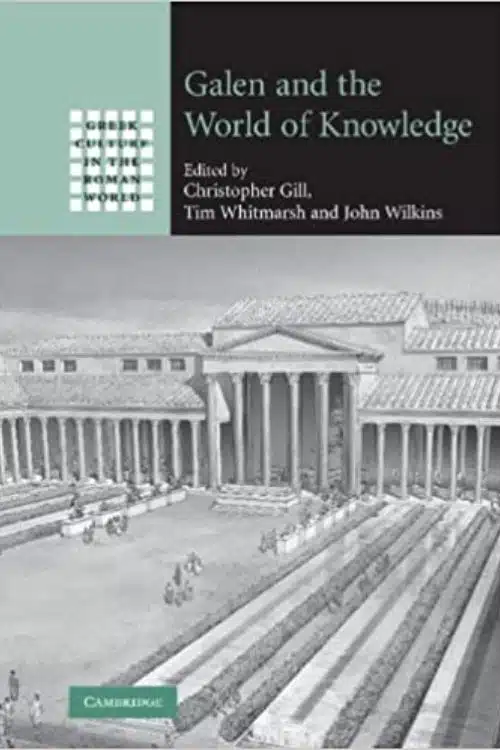
Galen is the most prominent medical author in the ancient Graeco-Roman times, and also tremendously precious for comprehending Graeco-Roman thought and society during the second century AD. Through his intellect explored in this book, we get to understand the medical and philosophical world of his time. How Galen is an author and reader in comparison to other brains of his time? How was he as a medical practitioner and how did it help the later years?
A History of the Sciences – Stephen Finney Mason
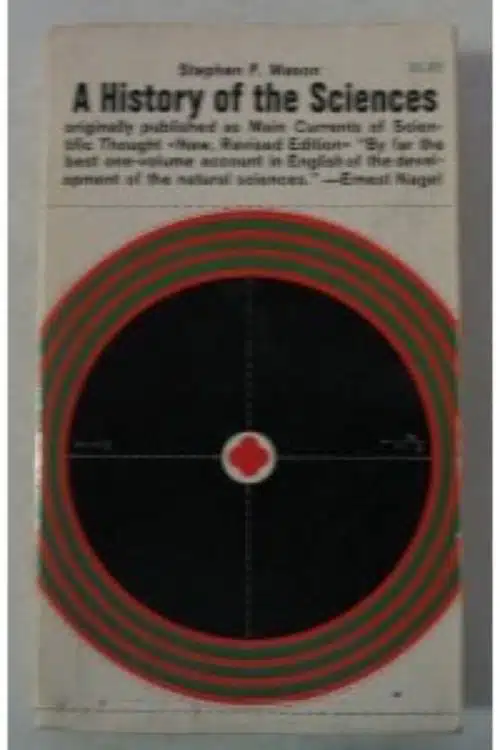
This book by Mason explores the history of natural sciences – from the world of astronomy of ancient Babylon to the globe of modern-day research centers of astrophysics. It is an exceedingly decipherable and enlightening survey of the development of scientific notions.
Also Read: Best Books With Mysteries Set In Scenic Locations





